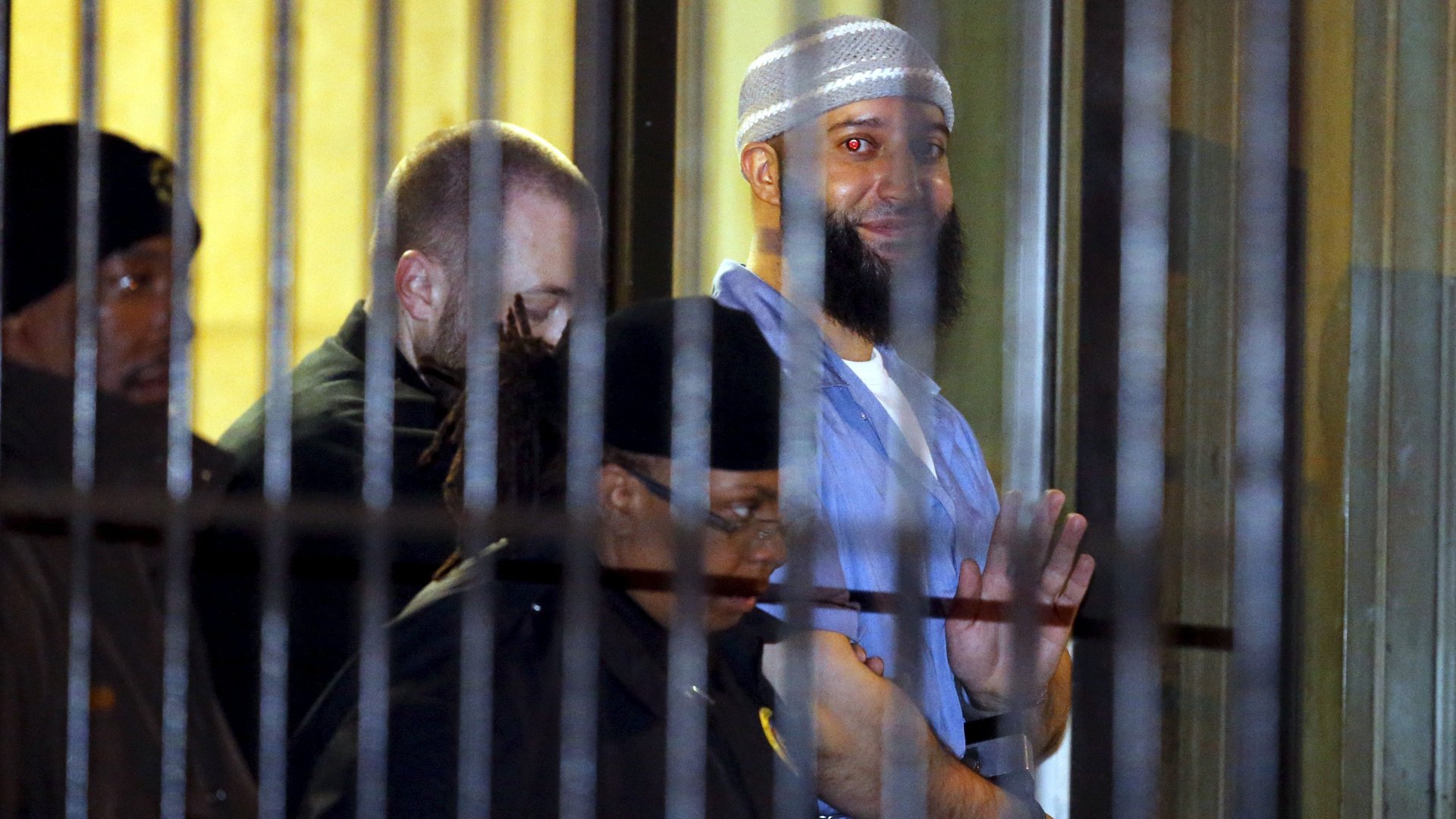The trailer for HBO’s Adnan Syed documentary is weirdly trashy and manipulative
HBO released the first trailer for its true crime docuseries The Case Against Adnan Syed Feb. 5, promising to take a fresh look at the murder of Hae Min Lee that the Serial podcast turned into a global phenomenon in 2014. The premium cable channel has already proven it can deliver a valuable reexamination of a decades-old murder case, but this one seems different. This one seems misguided, and maybe even harmful.


HBO released the first trailer for its true crime docuseries The Case Against Adnan Syed Feb. 5, promising to take a fresh look at the murder of Hae Min Lee that the Serial podcast turned into a global phenomenon in 2014. The premium cable channel has already proven it can deliver a valuable reexamination of a decades-old murder case, but this one seems different. This one seems misguided, and maybe even harmful.
Lee, an 18-year-old high school student in Baltimore, Maryland, went missing in January 1999. A few weeks later, her body was found by a passerby in a park not far from her school. Lee’s ex-boyfriend, Adnan Syed, was soon arrested and charged with her murder. He was convicted a year later and sentenced to life in prison. The case was only of local interest until journalists Sarah Koenig and Julie Snyder made it the subject of their blockbuster 2014 podcast Serial.
Serial captivated the world, becoming the most popular narrative podcast of all time. (Its first season has been downloaded hundreds of millions of times, and subsequent seasons, which followed different cases, have not shown the same ability to capture the zeitgeist.) Rabia Chaudry, an attorney and family friend of Syed who first brought the case to Koenig, launched her own podcast in response called Undisclosed, and wrote the book Adnan’s Story, both aiming to exonerate Syed.
In her quest to get him out of prison, Chaudry has been accused by those who believe Syed is guilty of victim-blaming and misrepresenting information. Meanwhile, Adnan’s Story became a New York Times bestseller.
The trailer for HBO’s The Case Against Adnan Syed makes one thing clear, amidst ghostly piano plinks and tabloidy intertitles (“A new chapter in the story,” “The closer you look, the more you see”): This is yet another blatant effort to absolve Syed, if not in actual court than at least in the court of public opinion.
Directed by Oscar nominee Amy Berg, the HBO documentary certainly has a premium pedigree, so one would hope it manages to avoid journalistic pitfalls and present an accurate, compelling account of the murder. Berg is an esteemed documentarian whose work chronicling sexual abuse in the Catholic church and the West Memphis Three has earned her countless accolades. There aren’t many filmmakers more qualified to broach the thorny topics of Lee’s murder.
But that doesn’t mean that this is a topic worth broaching once again—especially when early indications are that the series will be problematic, concealing the justification for its existence behind tantalizing tag lines and sound bites.
The trailer opens with Chaudry immediately talking about this being a “wrongful conviction,” signaling to viewers that the rest of the video should be seen through that lens. Eerie voiceovers mimic real-life news reports at the time of the murder. Crime scene photos quickly flash across a blood-red background.
What value, exactly, the HBO documentary can possibly add to what has been scrutinized already is not clear. The story has been assessed and reassessed countless times, by Serial, Chaudry’s own ventures, as well as actual prosecutors, defense attorneys, and judges. Lee’s family has had enough.
And of all the takes on Lee’s murder and Syed’s trial, this looks to be the most crass and exploitative. HBO says the documentary will offer “groundbreaking revelations” and “new discoveries.” “This is a piece of evidence that nobody even realized existed all these years,” Chaudry says in the trailer, suggesting in classic tabloid fashion that we’ll have to watch to find out what that crucial piece of evidence is. By now our instincts should tell us that the trailer’s promise of some kind of breakthrough in the Syed case will very likely sputter.
Meanwhile, Syed’s actual case is still making its way through the legal system. His conviction was vacated in 2016 due to ineffective counsel, and a judge ordered a new trial. The Maryland Court of Appeals is currently deciding whether or not it will proceed with a new trial after the state asked to reinstate the conviction, and a decision is expected by August.